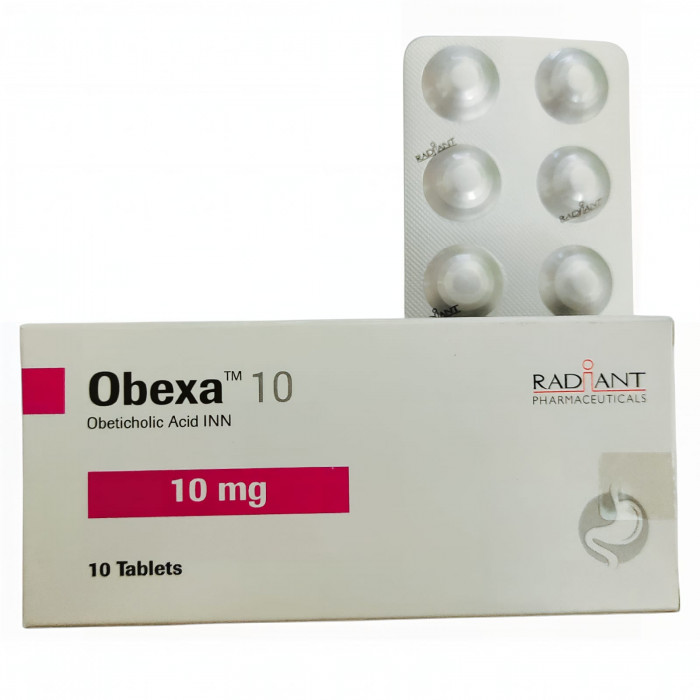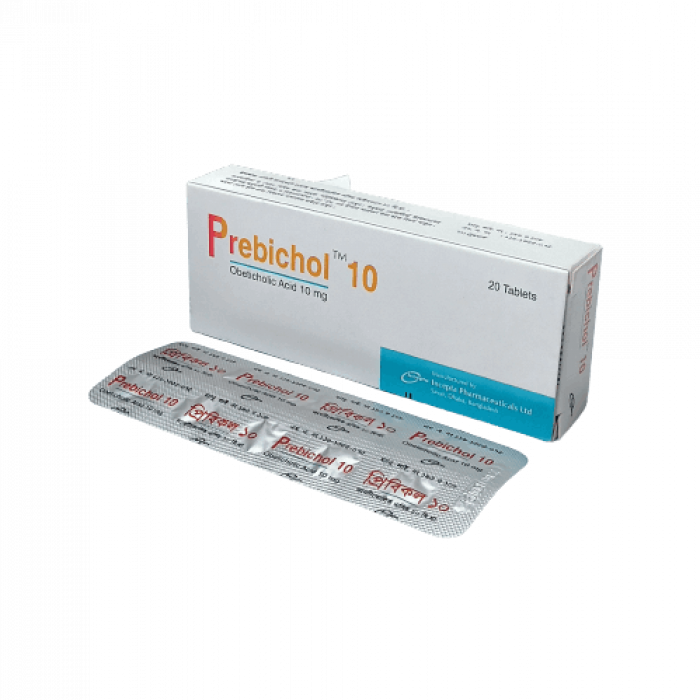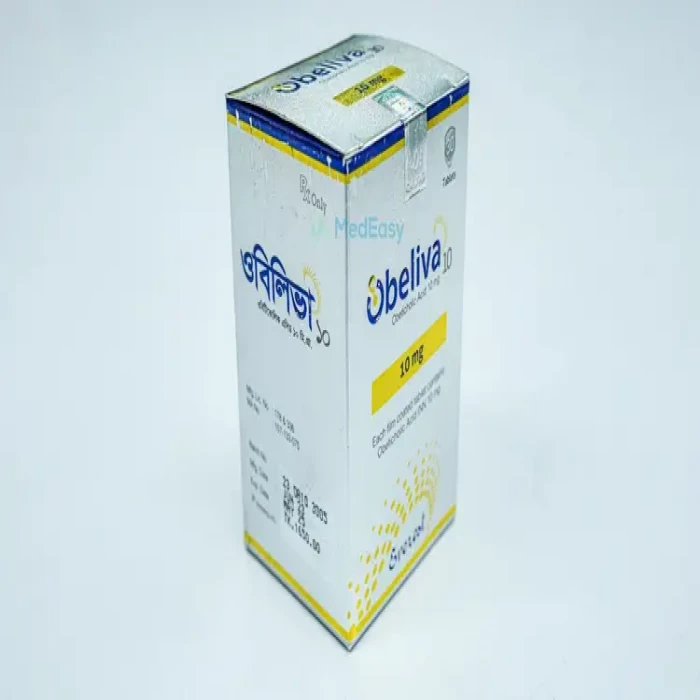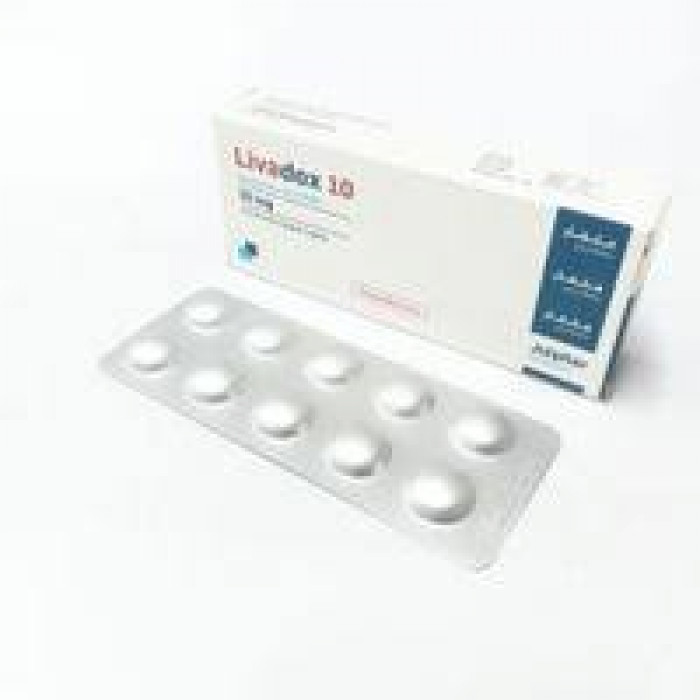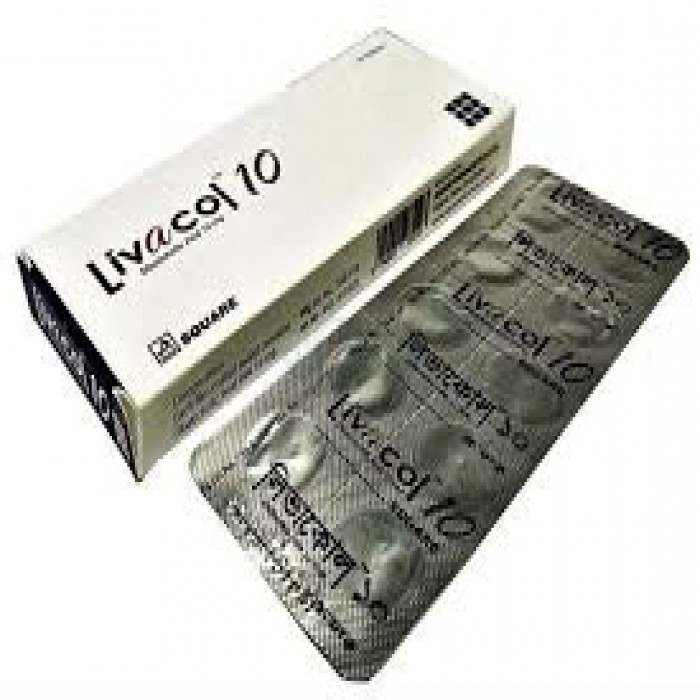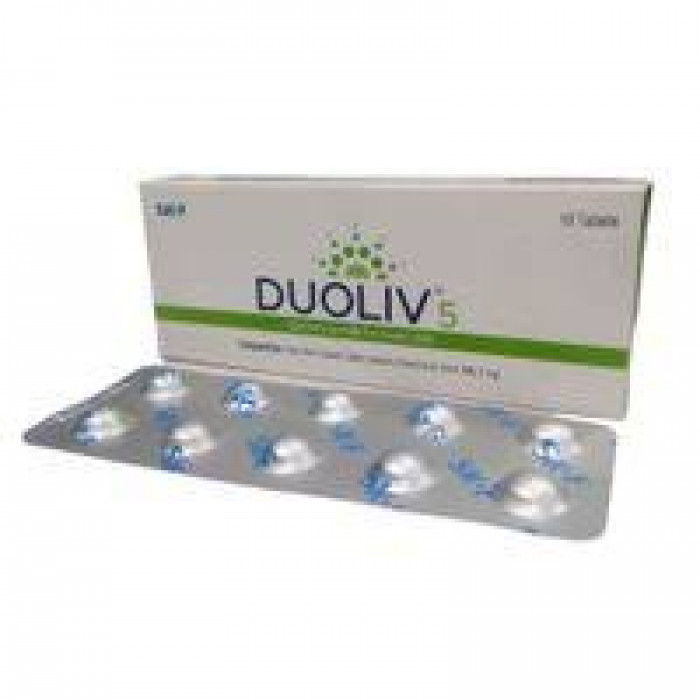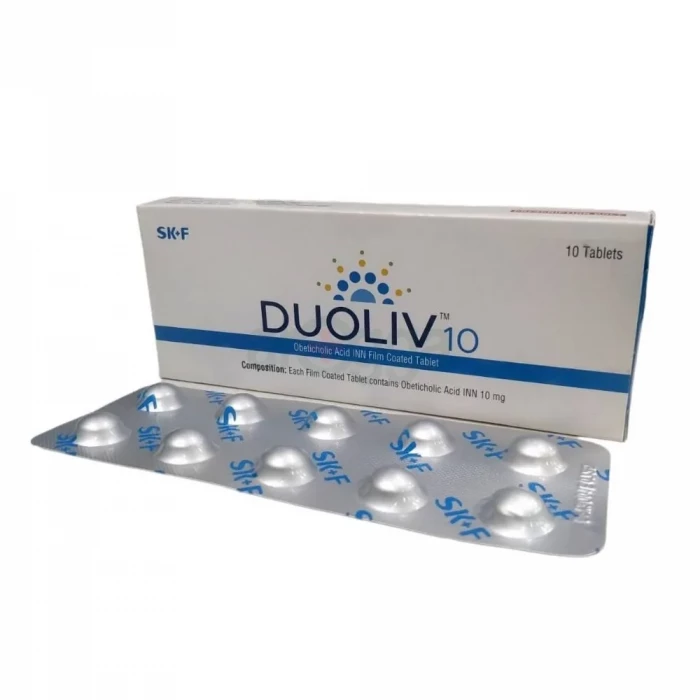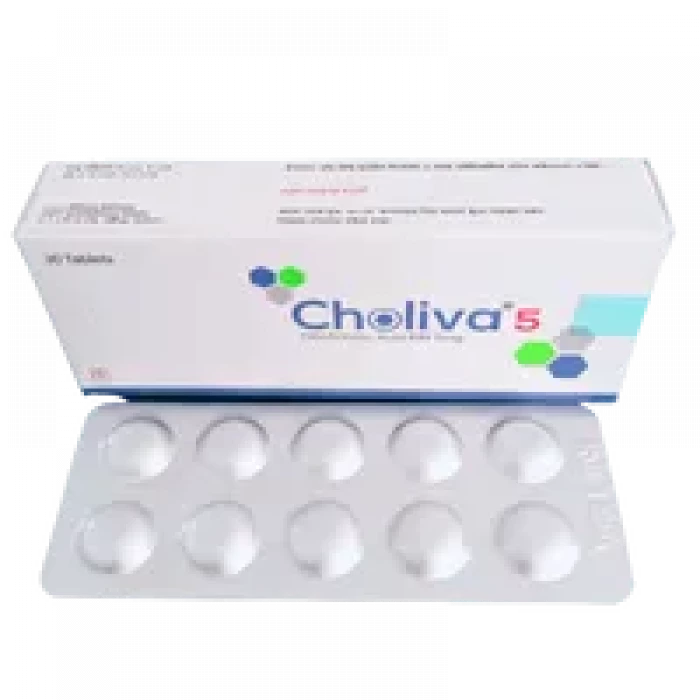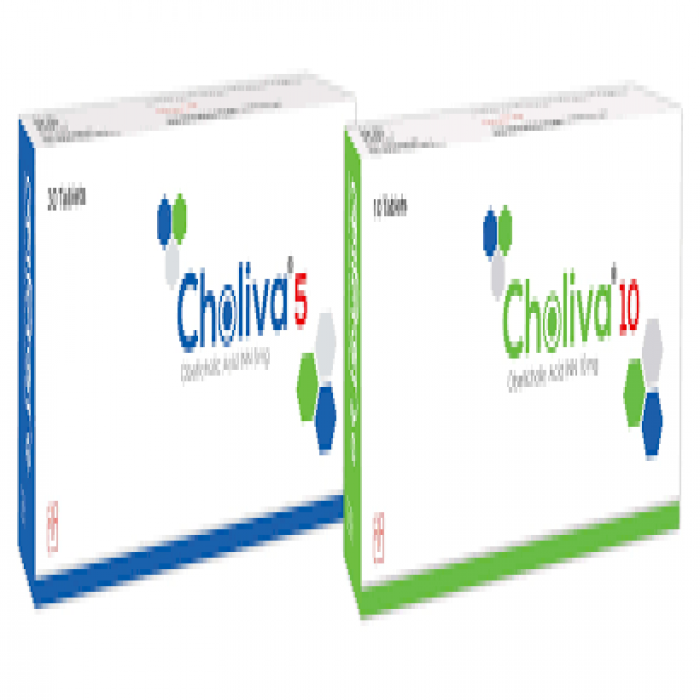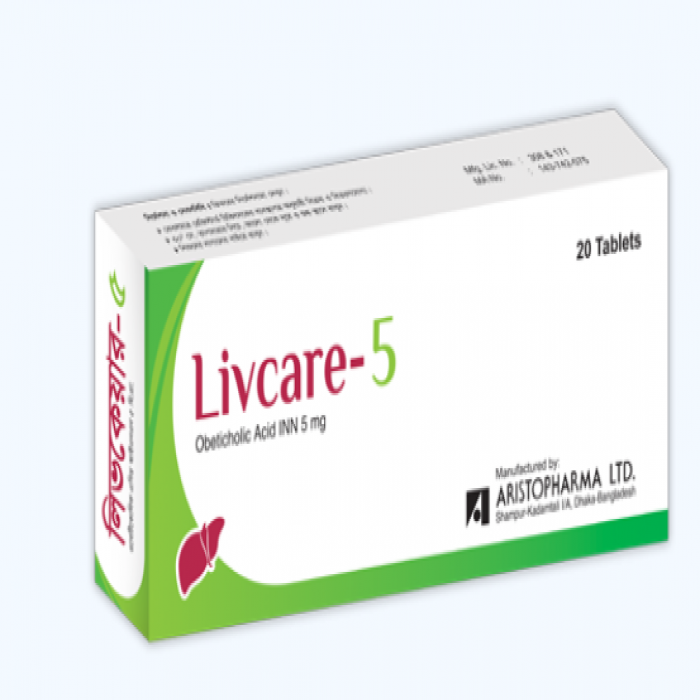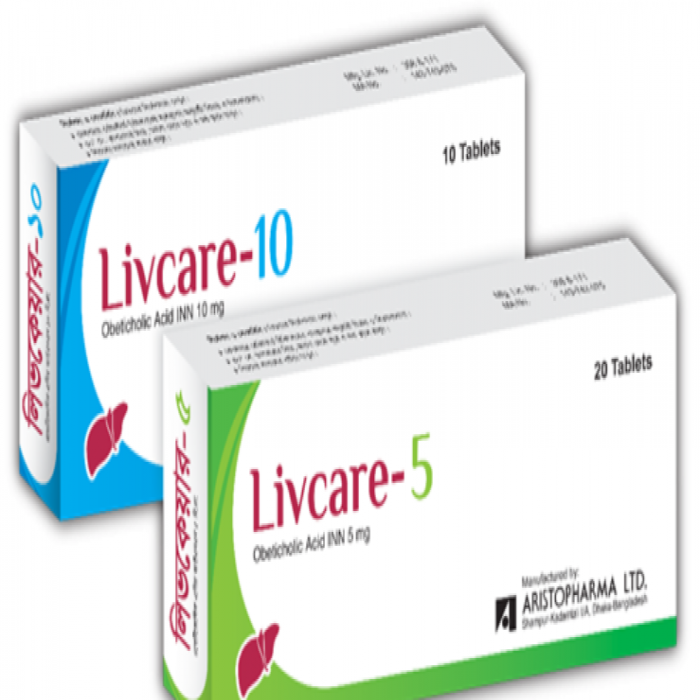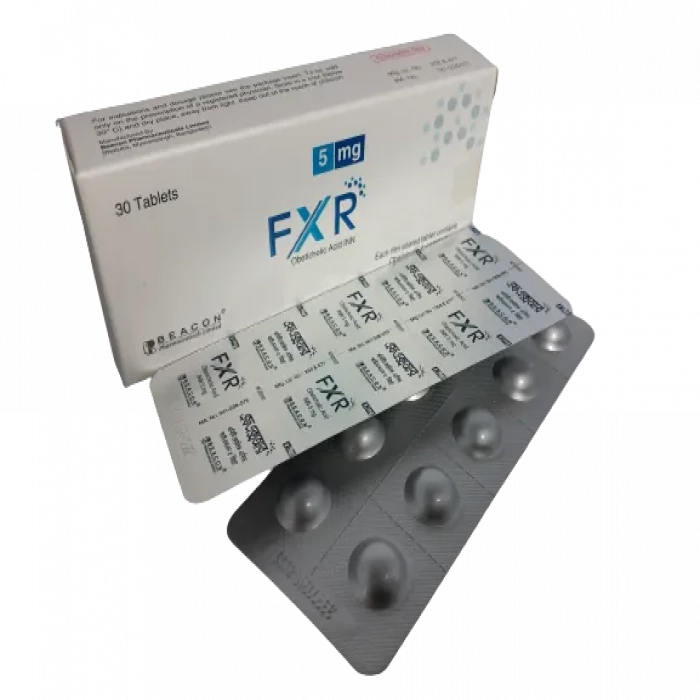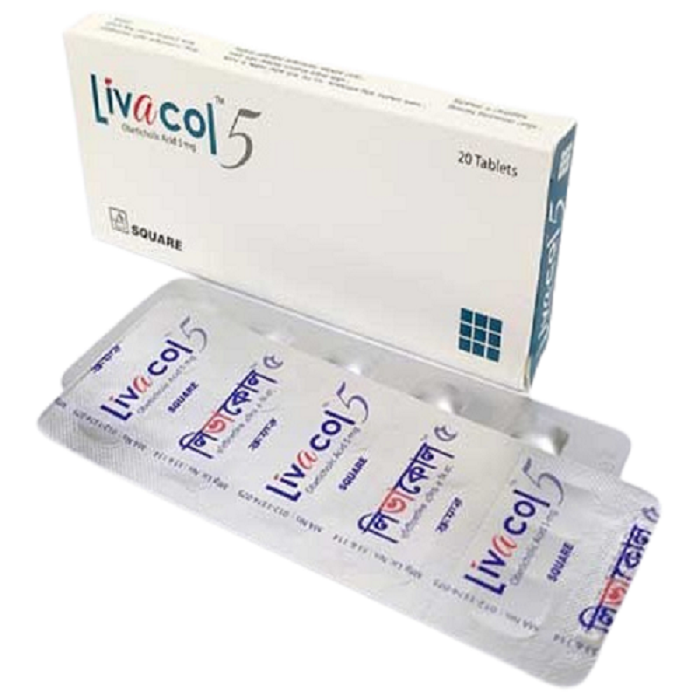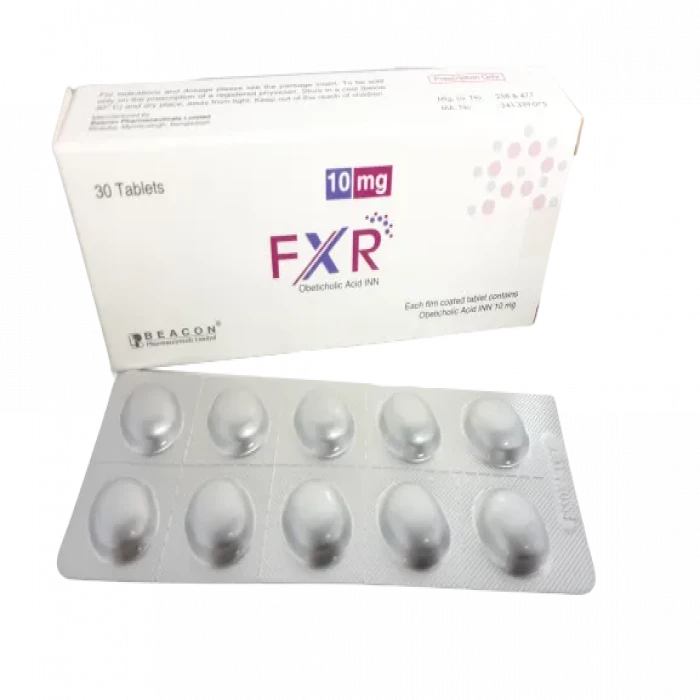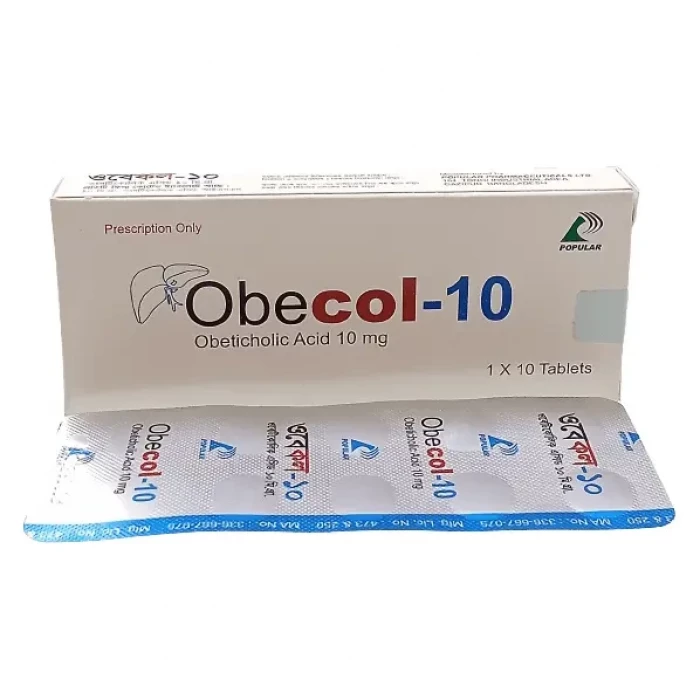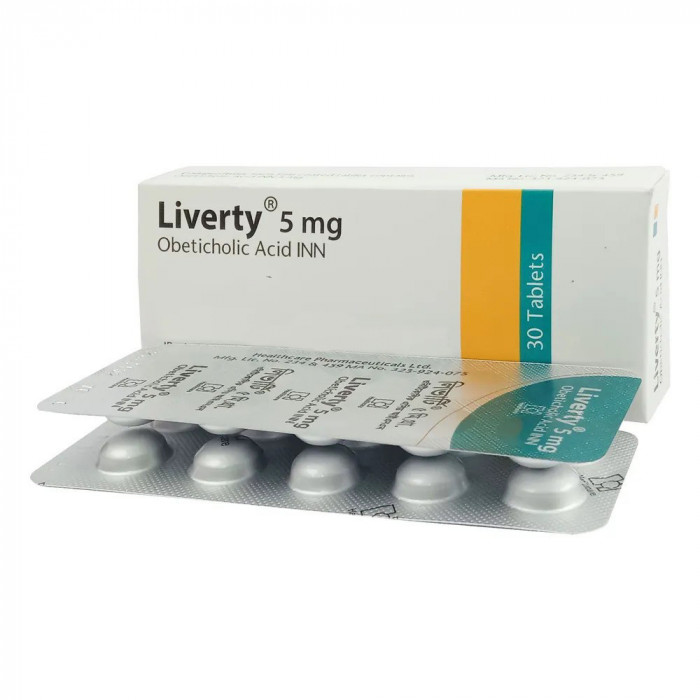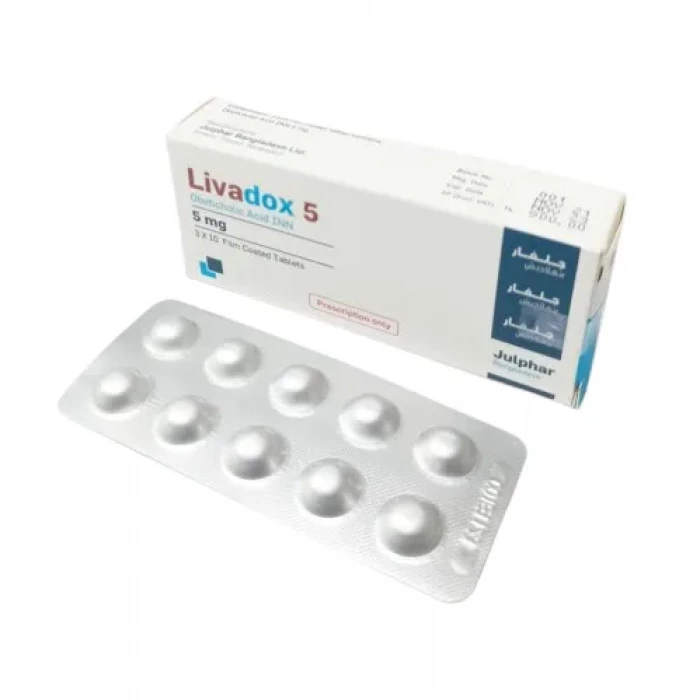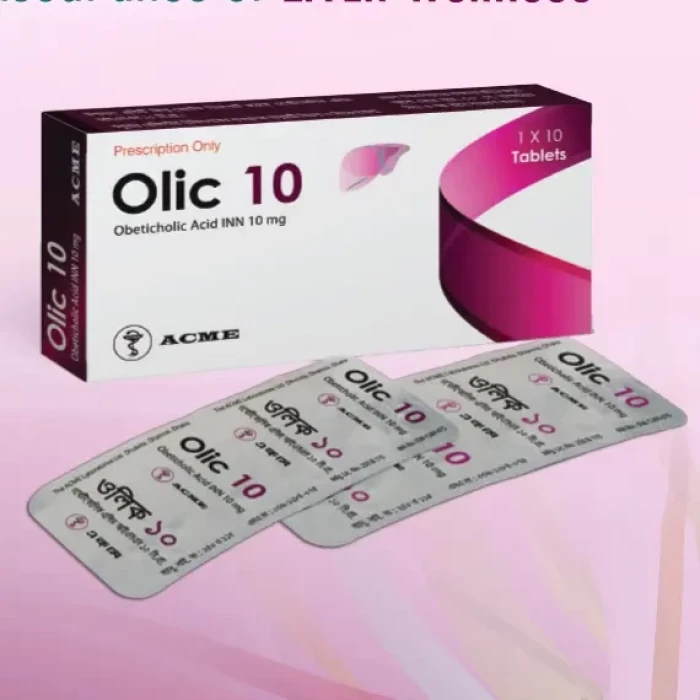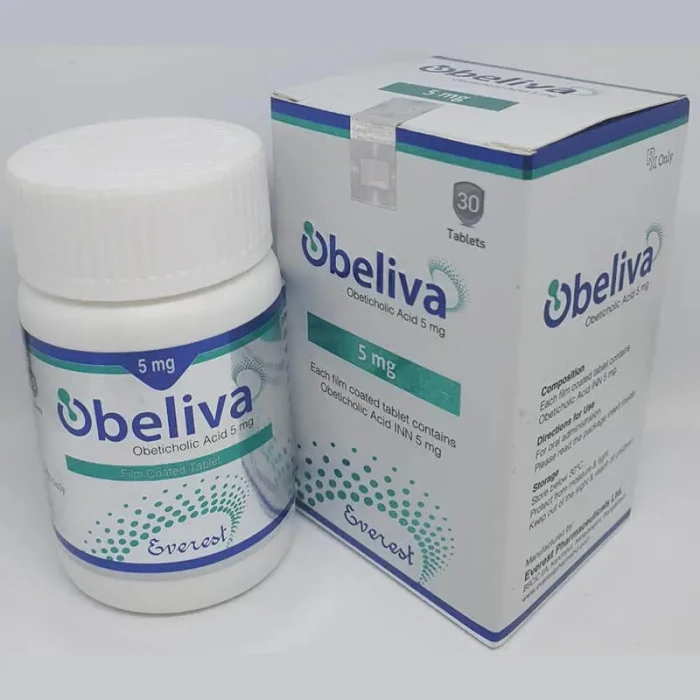
✔ 100% Authentic Product
👁️ Currently Viewing 3221
Obeliva 5mg Tablet-30pcs Pot
Obeliva 5mg Tablet is used for the treatment of a liver disease called primary biliary cirrhosis in adults.
Discount
Price: ৳ 882
MRP:
৳
900
2%
Off

100% Genuine Products, Guaranteed

Safe & Secure Payments, Always

Fast, Secure & Efficient Delivery

Proper Packaging
 Cash on Delivery - All over Bangladesh
Cash on Delivery - All over Bangladesh Regular Delivery - 12-24 Hours, Dhaka City* Charge Tk.39-59
Regular Delivery - 12-24 Hours, Dhaka City* Charge Tk.39-59 Regular Delivery - 24-48 Hours, Other Cities* Charge Tk.99-110
Regular Delivery - 24-48 Hours, Other Cities* Charge Tk.99-110
🌙 রমযান অফার 🌙
 ফ্রি ডেলিভারিঃ - ৭৯৯ টাকা+ অর্ডারে, ঢাকা
শহরে
ফ্রি ডেলিভারিঃ - ৭৯৯ টাকা+ অর্ডারে, ঢাকা
শহরে ফ্রি ডেলিভারিঃ - ২৭৯৯ টাকা+ অর্ডারে, ঢাকার
বাহিরে
ফ্রি ডেলিভারিঃ - ২৭৯৯ টাকা+ অর্ডারে, ঢাকার
বাহিরে
📲 মোবাইল অ্যাপ অর্ডারে সাশ্রয় বেশী
-
Google Play Store থেকে ডাউনলোড
-
Apple Store থেকে ডাউনলোড
100% Genuine Products, Guaranteed
Safe & Secure Payments, Always
Fast, Secure & Efficient Delivery
Proper Packaging
 Cash on Delivery - All over Bangladesh
Cash on Delivery - All over Bangladesh Regular Delivery - 12-24 Hours, Dhaka City* Charge Tk.39-59
Regular Delivery - 12-24 Hours, Dhaka City* Charge Tk.39-59 Regular Delivery - 24-48 Hours, Other Cities* Charge Tk.99-110
Regular Delivery - 24-48 Hours, Other Cities* Charge Tk.99-110 ফ্রি ডেলিভারিঃ - ৭৯৯ টাকা+ অর্ডারে, ঢাকা
শহরে
ফ্রি ডেলিভারিঃ - ৭৯৯ টাকা+ অর্ডারে, ঢাকা
শহরে ফ্রি ডেলিভারিঃ - ২৭৯৯ টাকা+ অর্ডারে, ঢাকার
বাহিরে
ফ্রি ডেলিভারিঃ - ২৭৯৯ টাকা+ অর্ডারে, ঢাকার
বাহিরে- Google Play Store থেকে ডাউনলোড
- Apple Store থেকে ডাউনলোড
🌙 রমযান অফার 🌙
📲 মোবাইল অ্যাপ অর্ডারে সাশ্রয় বেশী
✅ Description:
Obeticholic Acid is prescribed to treat primary biliary cholangitis (PBC) in individuals who have not responded well to UDCA, as well as cholestatic liver disease and non-alcoholic fatty liver disease (NAFLD), which includes non-alcoholic steatohepatitis (NASH).
Safety Advices

Alcohol
UNSAFE
It is not known if alcohol interacts with Obeticholic Acid.

Pregnancy
UNSAFE
Obeliva 5mg Tablet is not advisable for use during pregnancy. It is recommended to consult your doctor before taking Obeliva 5mg Tablet if you are pregnant.

Breastfeeding
CONSULT YOUR DOCTOR
It is uncertain whether Obeliva 5mg Tablet is excreted in breast milk. Prior to taking Obeticholic Acid, it is advisable to consult your doctor, especially if you are breastfeeding.

Driving
Obeliva 5mg Tablet is unlikely to affect your ability to drive or operate machinery.

Kidney
Please consult your doctor if you have kidney impairment or any concerns regarding this.

Liver
Obeliva 5mg Tablet is not suitable for patients with a complete blockage of the biliary tract, which includes the liver, gall bladder, and bile ducts. It is recommended to consult your doctor before taking Obeliva 5mg Tablet, especially if you have a liver condition.
✔️ Uses:
- Treats primary biliary cholangitis in adults
✔️ How does Obeliva 5mg Tablet work?
Obeticholic Acid helps improve liver function by reducing the production and build-up of bile in the liver and reducing inflammation.
✔️ Side Effects of Obeliva 5mg Tablet
Common adverse effects of Obeticholic Acid include severe itching (pruritus), fatigue, and abdominal discomfort or pain. Additional common side effects comprise skin rashes, joint pain (arthralgia), throat pain (oropharyngeal discomfort), dizziness, constipation, thyroid function changes, and skin inflammation (eczema).
✔️ Quick Suggestions:
- Take Obeliva 5mg Tablet as a whole with sufficient water.
- Always take this medicine exactly as prescribed by your doctor.
- Do not consume more than the prescribed dose.
- Do not discontinue the medicine on your own without consulting your doctor.
✔️ Indication of Obeliva 5mg Tablet
Obeliva 5mg Tablet is classified under a group of medicines known as farnesoid X-receptor agonists. It is employed in the treatment of primary biliary cirrhosis, also referred to as primary biliary cholangitis. Obeliva 5mg Tablet aids in enhancing liver function by decreasing the production and accumulation of bile in the liver, ultimately reducing inflammation and contributing to the treatment of primary biliary cirrhosis.
✔️ Pharmacology
Obeticholic Acid activates the FXR, a nuclear receptor found in the liver and gut. FXR plays a crucial role in regulating various pathways, including bile acid, inflammation, fibrosis, and metabolism. FXR activation reduces bile acid levels within liver cells by decreasing the production of cholesterol and enhancing the transport of bile acids out of the cells. These mechanisms help reduce exposure of the liver to bile acids and increase bile excretion.
✔️ Dosage & Administration of Obeliva 5mg Tablet
The recommended starting dose of Obeticholic Acid is 5 mg taken orally once daily for adult patients who haven't adequately responded to Ursodeoxycholic Acid (UDCA) over at least one year or who cannot tolerate UDCA.
Dosage Adjustment: If there's insufficient reduction in alkaline phosphatase (ALP) and/or total bilirubin levels after three months of taking Obeticholic Acid at 5 mg daily, and if the patient is tolerating it, the dosage can be increased to 10 mg once daily.
Maximum Dosage: The highest recommended dose of Obeticholic Acid is 10 mg taken once daily.
Managing Patients with Severe Itching (Pruritus) on Obeticholic Acid: For individuals experiencing severe itching while on Obeticholic Acid, the following options can be considered:
- Adding an antihistamine or bile acid binding resin.
- Reducing the Obeticholic Acid dosage to:
- 5 mg every other day, for patients intolerant to 5 mg daily
- 5 mg once daily, for patients intolerant to 10 mg daily
- Temporarily discontinuing Obeticholic Acid for up to two weeks, followed by restarting at a reduced dosage.
✔️ Interaction
Interactions Bile acid binding resins like cholestyramine, colestipol, or colesevelam can adsorb and inhibit bile acid absorption, potentially reducing the absorption, systemic exposure, and effectiveness of Obeticholic Acid. If taking a bile acid binding resin, Obeticholic Acid should be taken at least 4 hours before or after the resin, or at the earliest suitable interval. Warfarin: Co-administration of Obeticholic Acid and warfarin may lower the International Normalized Ratio (INR). While taking both drugs, INR should be closely monitored, and warfarin dosage adjusted as necessary to maintain it within the target range.
Narrow Therapeutic Index CYP1A2 Substrates: Obeticholic Acid may increase exposure to concurrent CYP1A2 substrates. For drugs with a limited therapeutic range that are substrates of CYP1A2, therapeutic monitoring is advised.
✔️ Contraindications
Obeticholic Acid should not be used by individuals with a known hypersensitivity to the medication or any of its components, or those with complete biliary obstruction.
✔️ Pregnancy & Lactation
There's limited human data on the safety of using Obeticholic Acid during pregnancy. It's unclear whether Obeticholic Acid is excreted in human breast milk, its impact on breastfed infants, or its influence on milk production.
✔️ Precautions & Warnings
Notable reactions to monitor include severe itching (pruritus) and reductions in low-density lipoprotein-cholesterol (HDL-C). Specialized monitoring is advised for patients experiencing these issues.
✔️ Storage Conditions
Store Obeticholic Acid in a dry place protected from light, at temperatures between 15°C to 30°C. Keep it out of reach of children.
⚠️Disclaimer:
At ePharma, we’re committed to providing accurate and accessible health information. However, all content is intended for informational purposes only and should not replace medical advice from a qualified physician. Please consult your healthcare provider for personalized guidance. We aim to support, not substitute, the doctor-patient relationship.




